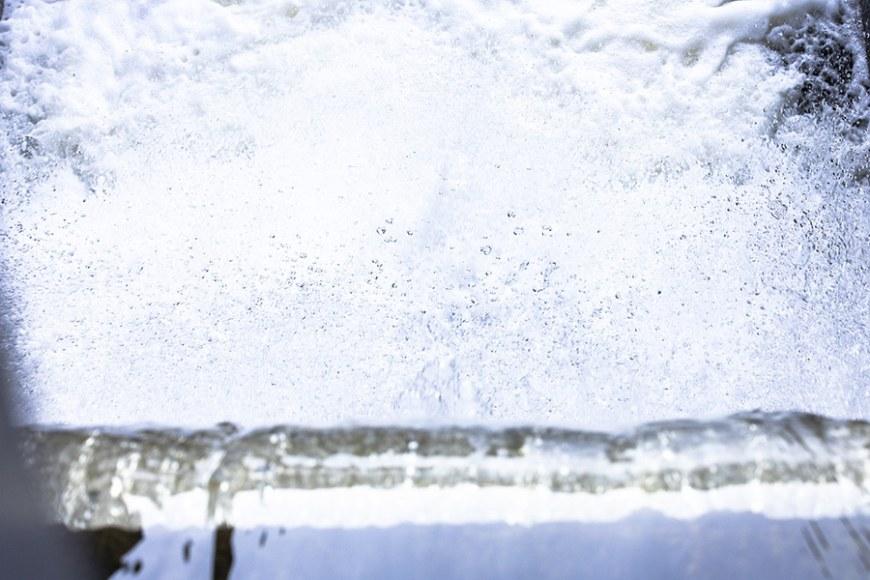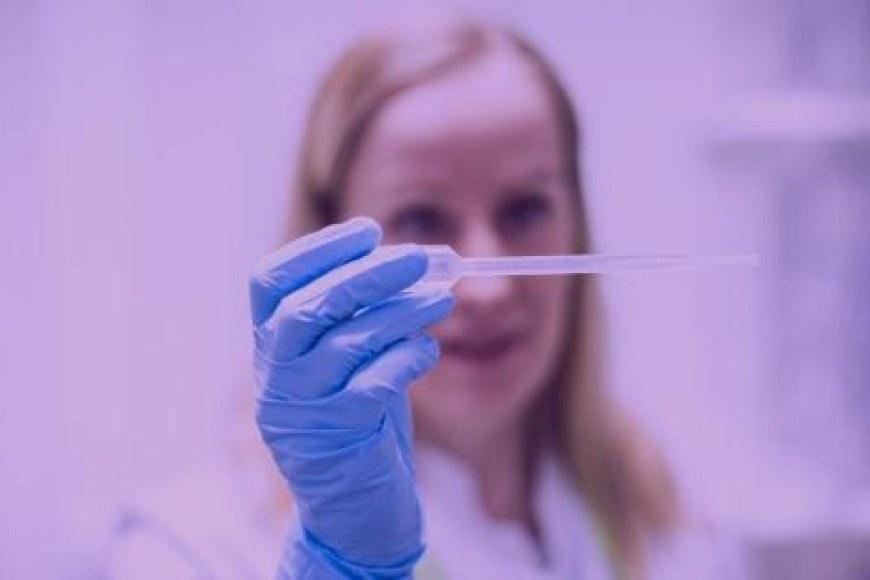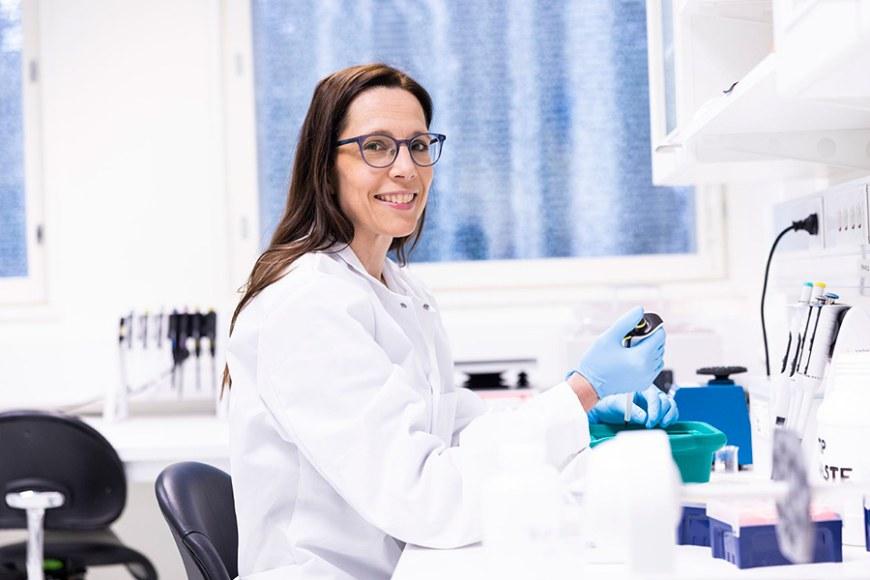Urban wastewater reveals the scale of the coronavirus outbreak

THL and Tampere University are working together on a new study to collect and analyse sewage samples to trace the spread of the coronavirus in Finland. Effluent samples will be collected from a number of wastewater treatment plants on a monthly basis – from some on a weekly basis – at least until next autumn. In Tampere, samples of untreated sewage will be collected once a week from the wastewater treatment plant in Viinikka.
Earlier studies in the Netherlands, the United States and Australia have demonstrated that fragments of the genetic material (RNA) of the new coronavirus can be detected in raw sewage. The results provide a valuable real-time snapshot of the current spread of the virus in a community. Sewage samples are not analysed to determine who has the virus but to estimate the total number of infections in a given area.
“An ordinary coronavirus test shows whether an individual is infected with the coronavirus, but our study will reflect the prevalence of the virus in the population in different localities,” Senior Researcher Tarja Pitkänen says in a press release published by THL.
Coronaviruses pose no risk of contaminating drinking water in Finland. Wastewater treatment processes effectively remove and eradicate viruses, and coronaviruses are not particularly resistant to disinfectants.
Environmental Health group analyses wastewater samples
The aim is for the monitoring to provide close to real-time data on the epidemic by early June. Besides THL, wastewater samples will be analysed by the Environmental Health research group, which is based in the Faculty of Medicine and Health Technology on the Kauppi campus of Tampere University.
“THL will focus on incoming wastewater testing and epidemic management in virtually real time, whereas we at Tampere University will investigate the knock-on effects of the novel coronavirus in wastewater treatment plants,” Project Manager Kirsi-Maarit Lehto says.
“We possess the required specialist expertise, as researchers at Tampere University have been employing molecular methods in the study of pathogens and especially viruses for the past two decades.”
The Environmental Health research group was set up at Tampere University last year. The group is headed by Docent Sami Oikarinen.
“We carry out research to find solutions to changing global health challenges by using cutting-edge technology. Our research interests are in the role of microbes in environmental health. We maintain close collaboration with the Virology group led by Professor Heikki Hyöty,” Lehto says.
Results from the new study are expected in a few months.
“Wastewater monitoring will complement knowledge about the incidence of the coronavirus derived from antigen and antibody tests. It can help in tracking the overall number of cases,” Lehto says.
Inquiries: Project Manager Kirsi-Maarit Lehto kirsi-maarit.lehto [at] tuni.fi (kirsi-maarit[dot]lehto[at]tuni[dot]fi)






